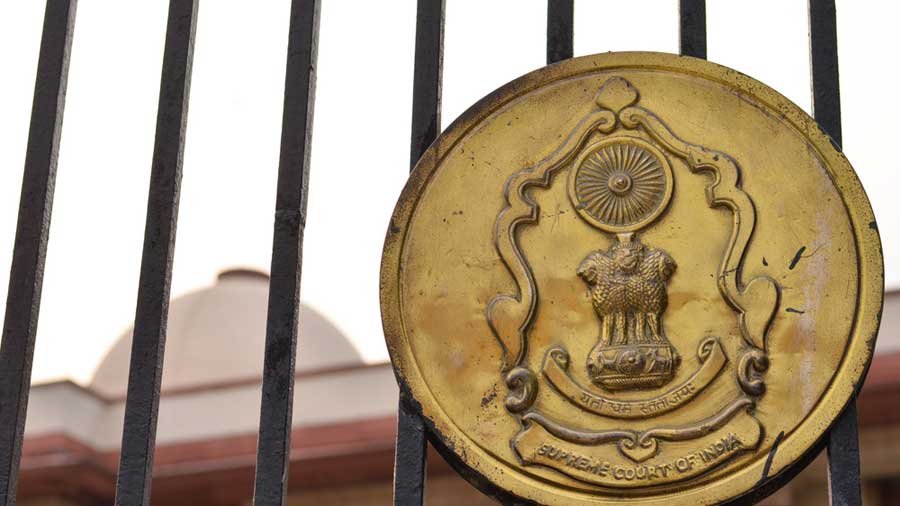The role that Central agencies such as the Central Bureau of Investigation play nowadays is more frightening than reassuring. When bulwarks against crime and corruption are seen as the avenging arms of the political executive — intellectually corrupt — they destroy faith in the democratic architecture itself. This decline is not new; the CBI was called a ‘caged parrot’ by the Supreme Court during the previous regime. Yet these agencies, more than ever before, are seen as being at the beck and call of the present government. So, in a lecture arranged by the CBI, the Chief Justice of India, N.V. Ramana, proposed that an independent umbrella body be set up to oversee all Central agencies, such as the CBI, the Enforcement Directorate and the Serious Fraud Investigation Office. That would stop multiple agencies from working on the same case, and also save them from being seen as tools of harassment. Social legitimacy and public trust had been lost by these agencies; the CBI’s actions and inactions, for example, had raised questions about its credibility in some cases. The corrective lay in breaking the nexus with the government.
The Congress, in an appeal to the Supreme Court a day later, added the income tax department to the CJI’s list. In public perception, the political executive’s deployment of these agencies to disgrace, imprison and silence critics and dissenters has become routine. The Congress asked the Supreme Court to use its constitutional authority to enforce the rule of law; using law-enforcing agencies to further political interests is perhaps its greatest violation. It may be recalled that the CJI, while addressing the police, said that their duty was to uphold the Constitution and the rule of law. The CJI envisaged an impartial statutory body, with separate wings for prosecution and investigation, which would decide on the agency that would operate in each case. His emphasis was on the Constitution-designed democratic framework, within which alone these agencies could be effective, because ‘dictatorial governance’ could not sustain India’s diverse culture. The keen force of the speech and the CJI’s proposal raise hopes that corrections may be made. The stubbornness of hope is important, because — as everyone is aware — the search for impartial administrators in a deeply politicized and divided polity is no mean task. Only unwavering determination will bring success.










